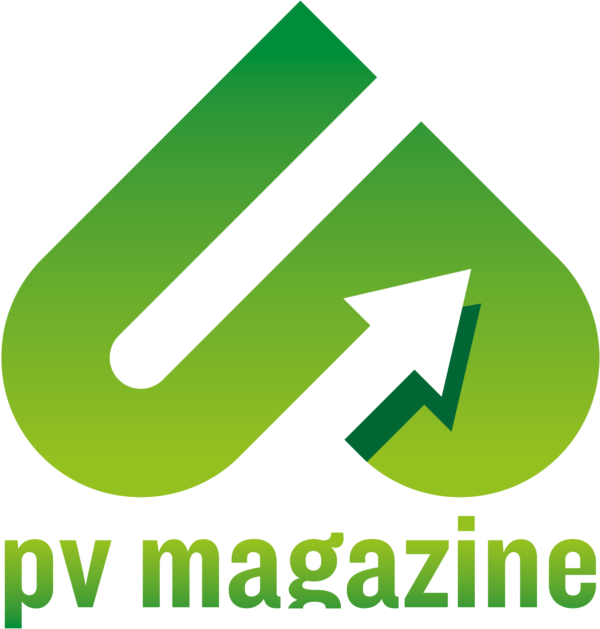 Environmental, social, and corporate governance (ESG) reporting is becoming more commonplace for solar and energy storage companies and that can mean conflict with wider economic and political dynamics. In this quarter, pv magazine will examine the state of play in ESG reporting among solar and storage businesses.
Environmental, social, and corporate governance (ESG) reporting is becoming more commonplace for solar and energy storage companies and that can mean conflict with wider economic and political dynamics. In this quarter, pv magazine will examine the state of play in ESG reporting among solar and storage businesses.
pv magazine 04/2023
Getting real on forced labor: While few can doubt the emission-reduction might of solar; forced- and child labor in clean power supply chains is becoming a hot issue, which is why the EU is mulling a ban on goods proven to have traces of such labor practices. Diana Zadorozhna, a partner at renewables consultancy Everoze, looks at what companies can do to prepare for forced labor legislation.
Solar ESG needs standards: Sustainability reporting is becoming commonplace in solar and inside these lengthy reports comes data that may guide investor decisions. However, a distinct lack of standardization leaves much room for interpretation and more shades of gray than green.
Longi shows the way: Longi has set ambitious targets to reduce waste in its business operations. The environmental, social, and corporate governance (ESG) activities it is undertaking can serve as an example for other solar companies looking to reduce their environmental impact.
The green jobs promise: Promising to replace fossil fuel jobs with an identical number of clean energy roles in coal-dependent communities is overly simplistic and ignores the fact that communities need to be brought onside with credible expectations of better-quality employment, says Raul Alfaro-Pelico, a senior director at the Rocky Mountain Institute (RMI).
pv magazine 05/2023
What does it all mean? Solar companies are keen to stress their sustainability chops but with measurement metrics varying wildly, forced labor concerns, an “anti-woke” political storm brewing in the US, and doubts about what environmental, social, and corporate governance (ESG) standards even mean, working out the green credentials of companies can be a minefield.
Taking the Longi view: Chinese PV giant Longi has made impressive strides in its efforts to green its production operations, as Sandra Valverde, the company’s senior manager for marketing, tells pv magazine.
Low-carbon verified: The Global Electronics Council (GEC) has stepped up its EPEAT ecolabel – which formerly stood for Electronic Product Environmental Assessment Tool – to recognize solar panels made with low-carbon electricity and provide independent verification of embedded carbon, as the organization's newly appointed CEO, Bob Mitchell, explains.
Back to the UP Initiative feature page
This page was last updated on June 12, 2023.